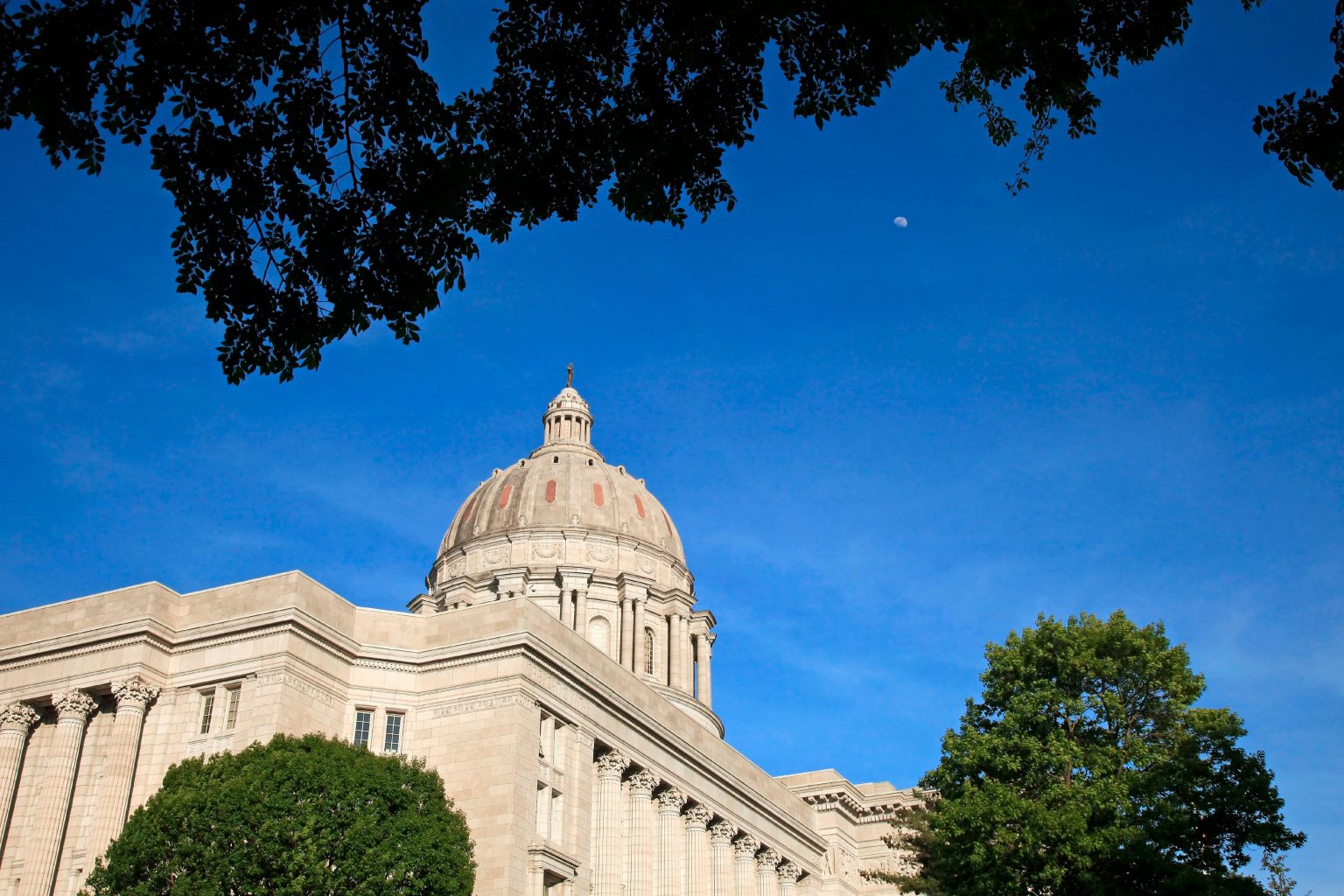A ballot measure backed by Missouri Jobs with Justice aims to raise the state’s minimum wage to $15 an hour, starting with an increase to $13.75 an hour next year and reaching $15 an hour by 2026. The group submitted about 210,000 signatures, nearly double the required number, to get the measure on the ballot. The Secretary of State will now determine if at least 115,000 signatures are valid for the initiative. Missouri voters have a history of supporting minimum wage increases, as seen in the approval of a statewide minimum wage hike in 2018 that raised the wage floor to $12 by 2023.
The proposed minimum wage increase also includes a provision for paid sick leave for employees. Workers who currently do not have guaranteed sick days would earn one hour of paid leave for every 30 hours worked under the measure. Small businesses would be required to provide at least five paid sick days per year, while larger companies would need to offer a minimum of seven paid sick days. This initiative aims to address issues of fair compensation and worker benefits, ensuring that employees have access to paid time off when needed.
The $15 minimum wage initiative is supported by Missouri Jobs with Justice Voter Action, with executive director Caitlyn Adams expressing confidence in the measure’s ability to pass in the fall. The organization believes that voters will have the opportunity to have a say in increasing the minimum wage, reflecting the public support for wage hikes in Missouri. By raising the minimum wage and introducing paid sick leave, the initiative seeks to improve the economic well-being of workers and their families, providing them with fair compensation and essential benefits.
Missouri lawmakers had previously blocked efforts to raise wages in St. Louis and Kansas City, leading to the 2018 statewide minimum wage hike. The wage floor incrementally increased from $7.85 an hour to $12 by 2023, with automatic inflation-linked raises. The current proposal builds upon this groundwork by further raising the minimum wage and introducing paid sick leave requirements for businesses of all sizes. The initiative aims to continue the trend of addressing worker’s rights and economic inequality in Missouri, ensuring that employees are fairly compensated for their labor.
If the $15 minimum wage initiative passes, Missouri would join a growing number of states and cities across the United States that have increased their minimum wage in recent years. Advocates for a higher minimum wage argue that it can reduce poverty, improve the standard of living for low-wage workers, and stimulate economic growth by increasing consumer spending. However, opponents often raise concerns about potential negative impacts on businesses, such as higher operating costs and job losses, as well as inflationary effects. The debate over the minimum wage is a contentious issue that touches on broader discussions about income inequality and the role of government in ensuring economic fairness.


